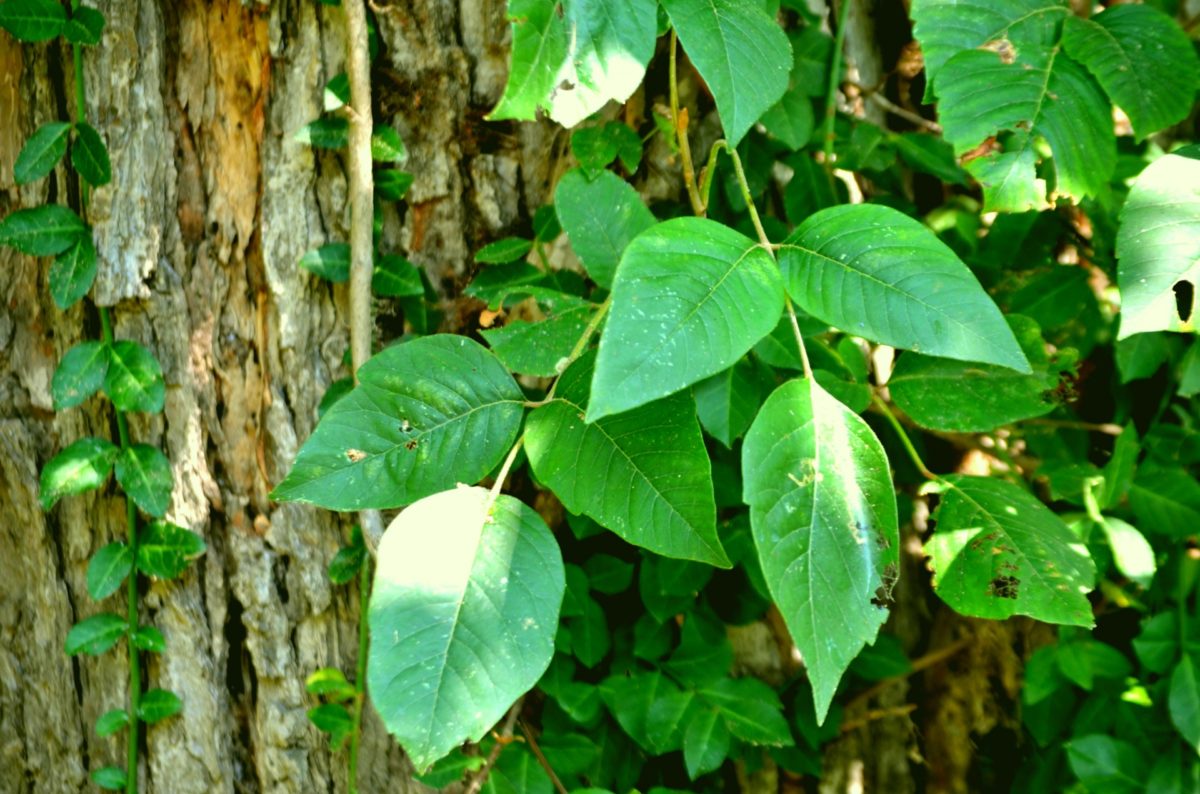About the only time poison ivy has ever been cool was when the Coasters sang about it in 1959. At every other moment, it has been a challenge for kids and adults in the Upper Valley. Weeping pus, epic itching, bumpy bubbles on your flesh, swelling… it’s hard to find the silver lining in the poison ivy cloud.
As we enter the prime months for poison ivy problems, let’s take a few moments to learn about how the skin reacts to it. You get poison ivy (and poison sumac and poison oak) from coming in contact with an oil in the plant called urushiol. The oil is in every part of the plant – leaves, stems, even the roots – so there is no place to handle poison ivy safely. Generally, within 12-72 hours of coming in contact with urushiol, you will start to see a rash. While the poison ivy rash itself does not spread and is not contagious, if other parts of your skin come in contact with the oil, a new rash will develop. As the rash blossoms, you may experience itching, redness, swelling, blistering, and crusting skin (after the blisters burst).
One of the toughest realities of poison ivy is that you can get it from touching something that the oil is on, without ever touching the plant. Shared sporting equipment, a family pet that has been running in the woods, or a gardening tool can all transmit the oil to your skin… and set you up for a fortnight of misery.
For many people, the rash will dissipate on its own, and no further treatment is necessary. (That is of cold comfort for anyone who has ever had pus-filled blisters between their toes or under their wedding ring…) You can use calamine lotion for some cooling and itching relief. When things become unbearable, patients often come to us. At Peraza Dermatology Group, we prescribe topical steroids to manage the poison ivy quickly and effectively. Make an appointment to discuss your symptoms and have your poison ivy questions answered.
In other cases, however, poison ivy is a serious medical issue. If you experience severe symptoms (eyes swollen shut, for example, or a rash over most of your body or on the genitals) make an appointment with a medical professional immediately. If you are having difficulty breathing, go to the emergency room immediately.
Happily, in most cases, poison ivy is simply an inconvenient nuisance… something the proud people of Northern New England accept as a price for living a healthy, outdoor lifestyle.


